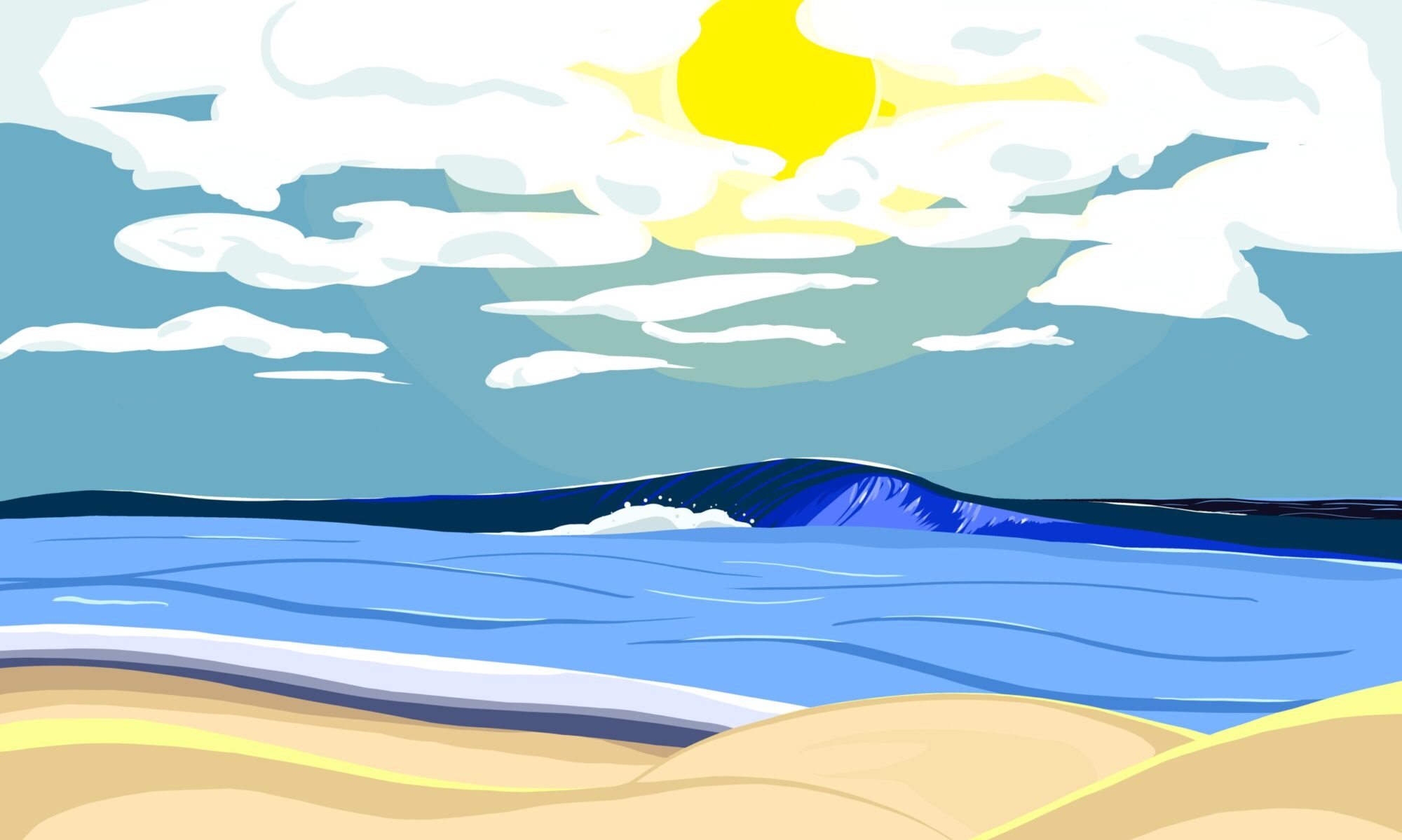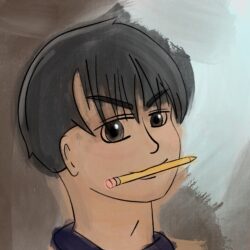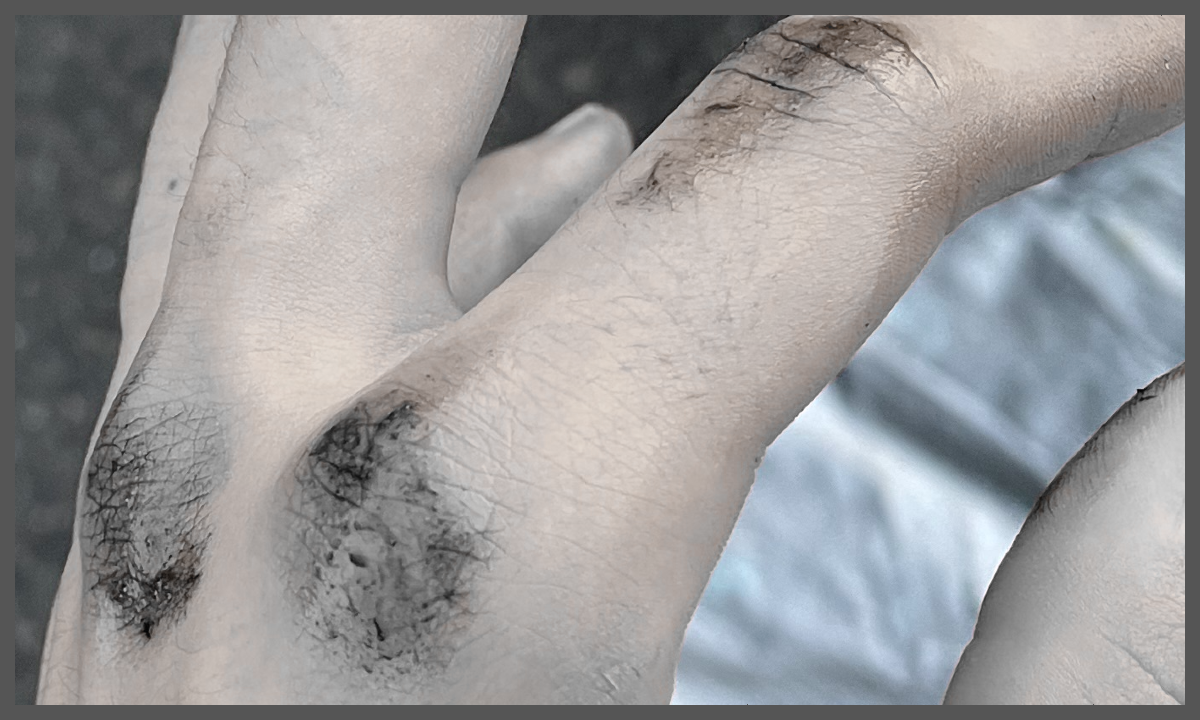Following up on my comment on diet last week, I have just started a new diet that I am excited for. It is a form of calorie counting where I have three 800-calorie meals a day. The goal is to have one when I wake up, one around midday, and one for dinner. For my activity level, 2400 calories is a moderate deficit. Counting calories with one big 2400-calorie list was effective, but it felt consuming and tedious. Crafting three 800-calorie meals with no hard dietary restrictions gives me a structured diet that also allows for flexibility in what and when I eat. I know that I require an average of about 2800 calories to maintain my weight with my current activity level. Dividing calories into two or three meals a day is a very simple process of finding a baseline and setting a goal. Once I get back around 170 (I am currently around 180), I might pay more attention to macros so that I can either retain more muscle as I cut more weight or build more muscle as I maintain my weight. Compared to a form of intermittent fasting, I think that this method will also help to maintain more consistent energy levels throughout the day by spreading out the calories. When my blood sugar gets low, my mood drops, I struggle to chain thoughts, and my motivation is tanked. Experimenting with various macronutrient balances, I am curious to learn how my hunger and energy levels will fluctuate. As obvious as it might be, I have just recently realized how impactful the previous day’s eating affects the next day. I also now realize that all the previous days chain together, affecting internal clocks, circadian rhythms, nutrient levels, and hormone balances. What I ate a week ago and the time I went to sleep three days ago likely have lingering effects on me now. I am trying to return to a better daily consistency so that I can always rule the day! Adding more to my diet as I have experimented the last few days, I also like the flexibility to be able to transition calories from lunch to dinner if I know that I am going out or if I do not have much time for lunch. I am really enjoying this diet so far. I have yet to go through my running routine this week, so we will see how I feel after some high intensity exercise.
Reminded by my mother’s motivation despite her chronic pain, last week I was thinking about the sacrifices people find themselves forced to make by their circumstances. Then, I thought about how much people will sacrifice for freedom, for more. I know that I take a lot of what I have for granted. That is why I am beginning to practice gratitude. My daily life is far from perfect, and my past is even further distant, but I have two kind parents, my health, many freedoms, and stability. I am fortunate to be able to decide on the sacrifices that I make. How much am I willing to give of myself to the circumstances of building my future?
For the focus of this week, I want to summarize a conversation that I had with my now-ex-roommate Eddy. We were both so busy this past year that even though we slept in adjacent rooms, we found almost no time to communicate. We decided to meet up Friday to spend time, catch up, and talk. I would like to share some of the ideas that were introduced to me or spurred by the conversation:
For context, Eddy is a music composition major and a practicing polyglot with a genuine passion for art, people, and the world.
The limitation of the textbook: those who embrace their curiosity and learn for knowledge sake become the artists, the architects of innovation. We related to how far simple acts of going beyond expectations reach. For example, when a student of an institution takes the time to talk to a professor after class and expresses the curiosity to ask questions outside of the “required material,” it signals a passion that separates the student from the average. A little goes a long way. I do not have direct experience, but I am confident that this same signaling applies to many forms of human interaction. That could be from personal relationships to business to international affairs.
Versed Artist: Eddy repeatedly emphasized the importance of a diverse appreciation of art within the context of music. He relayed to me the complementary relationship between the arts and the significance of being well-cultured with a broad array of media. For example, I might create visual art, but I, the artist, require more than an appreciation of paint to garner the true title of artist. He is learning language and gaining appreciation for writing, history, culture, and human emotion. While I believe that many connection points exist, only when someone can broaden their interpretation and connect to what is around them can they be an artist of value. Anyone can create art. Very few are artists.
Entertainer vs. Artist: The next idea I really enjoyed being introduced to. It is the differentiation between the entertainer and the artist. My friend, being a musician, is in the center of these congruent yet conflicting worlds. What I found so interesting is the western perception that blurs the line between these two to the point that they are synonymized. The significance of this idea is the divergence between the correlation between the artist and the entertainer. These two are often sold in the West as a pair, but they have exclusive objectives. An artist can be an entertainer, and an entertainer can also be an artist, but the purpose of art can be lost when the two are conflated. The artist is focused on the craft, not the reaction. The reaction is what builds reputation, status, and monetary growth, but it does not directly relate to the art. I see, with the abundance of social media, the pressure for all people to become entertainers—entertainers to other people and to themselves. It then becomes so easy to place the reactions—likes and clicks—as a priority over the content itself. This is not only a situation that degrades the quality of our cultural art. It also degrades the quality of all innovation and social progress. To be rewarded by the illusion, the reactions of the distant and anonymous, instead of the satisfaction gained from completing quality work, breeds a superficial workforce. I recognize that this relationship between artist and entertainer was not invented in modern times. This is likely the result of the human psychological desire to gain approval. As I go forward, I challenge myself to question my motives against the ambition of impressing others and the meaning gained from meaningful art. Again, this is not just music or drawing. This is politics; this is science; this is any professional craft!
We also spoke about the curiosity that exists between professionals. We spoke about how curiosity leads many experts to become the masters that they are. This curiosity is unlikely to be singular by its nature, so when individuals of different domains of mastery come together, there is often a recognition and spark between the two. It might be that they do not have much direct interest in each other, but minimally, there is often an appreciation shared between two knowledgeable individuals. I expect to cross many spheres of people during my life. Given the gift of life, during my time, I will experience mastery and be able to share my curiosity with all of the other thoughtful people. This is one of many purposes that fuel me.
I really enjoyed the conversation that I had with my friend. Thank you for reading this week, my friend. This has been Tristan. It always will be Tristan! Bye.


